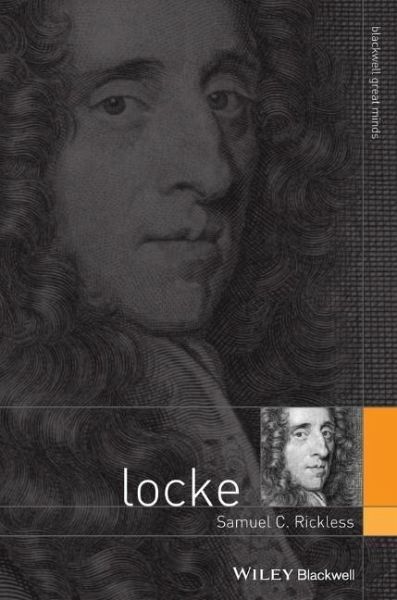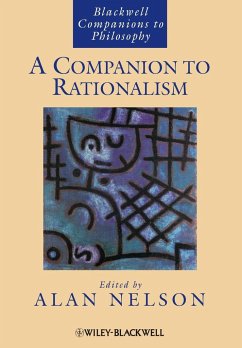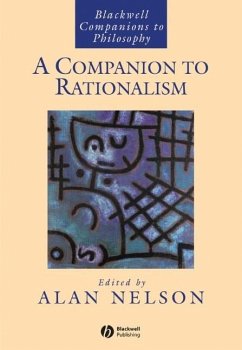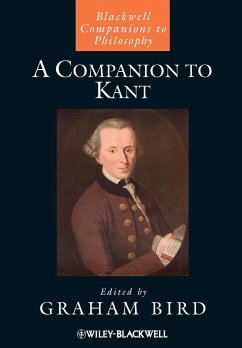Nicht lieferbar

Locke
This vital addition to the Blackwell Great Minds series offers a focused assessment of the fundamental principles ofa giant of the western tradition in philosophical thought. The bookcovers every aspect of the thinker whose matchless mental agilityfatally undermined the medieval absolutism of divine-rightpatriarchy.
In a focused assessment of one of the founding members of theliberal tradition in philosophy and a self-proclaimed"Under-Labourer" working to support the scientificrevolution of the seventeenth century, the author maps the fullrange of John Locke's highly influential ideas, which eventoday remain at the heart of debates about the nature of realityand our knowledge of it, as well as our moral and political rightsand duties.
Comprehensive introduction to the full range of Locke'sideas, providing an up-to-date account that acknowledges issuesraised by recent scholarship over the past decade
A well-rounded perspective on one of the intellectual giants ofthe western philosophical tradition
Provides detailed coverage of Locke's two key works, An Essay Concerning Human Understanding and The TwoTreatises of Government .
A sophisticated analysis by a highly respected academic
A vital addition to the Blackwell Great Minds series
Comprehensive introduction to the full range of Locke'sideas, providing an up-to-date account that acknowledges issuesraised by recent scholarship over the past decade
A well-rounded perspective on one of the intellectual giants ofthe western philosophical tradition
Provides detailed coverage of Locke's two key works, An Essay Concerning Human Understanding and The TwoTreatises of Government .
A sophisticated analysis by a highly respected academic
A vital addition to the Blackwell Great Minds series














